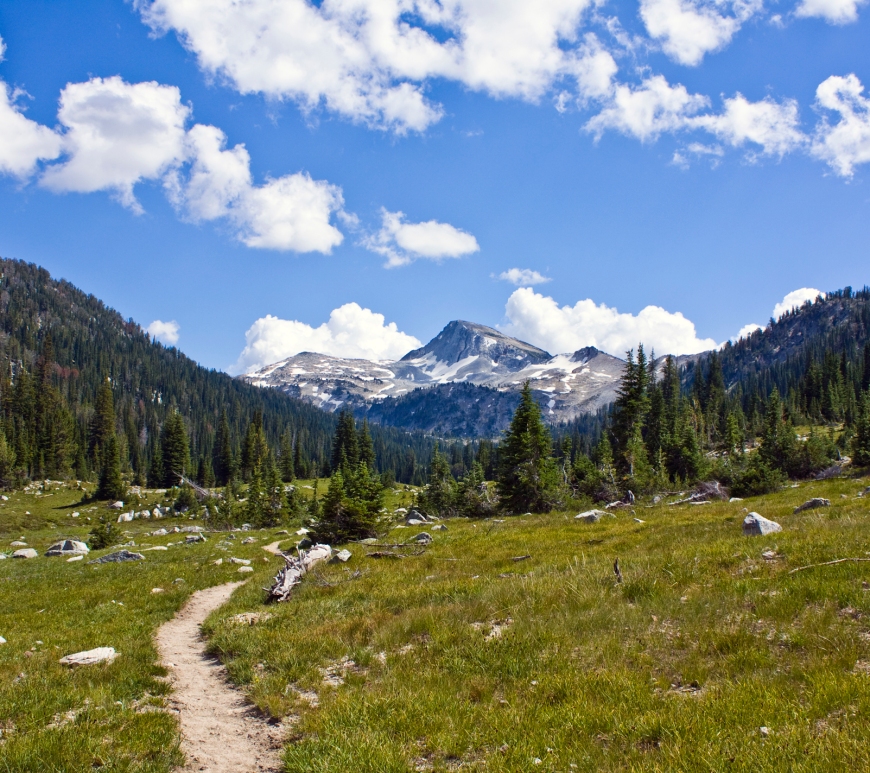For The Natural Resources Council of Maine
“….what we’re doing today with greenhouse gas emissions — which is just a moment when you look at the geophysical timescales — has consequences for decades, centuries, millennia.” —Ricarda Winkelmann, Climate Scientist, Potsdam Institute, 2016
“Mobilizing to save civilization means restructuring the economy, restoring its natural systems, eradicating poverty, stabilizing population and climate, and, above all, restoring hope.” —Lester Brown, Environmental Analyst, 2008

Planetary Boundaries (Image credit: Azote Images/Stockholm Resilience Centre; Wikimedia Commons) Planetary boundaries according to Rockström et al. 2009 (doi:10.1038/461472a) and Steffen et al. 2015 (doi:10.1126/science.1259855). The green areas represent human activities that are within safe margins, the yellow areas represent human activities that may have exceeded safe margins, the red areas represent human activities that have exceeded safe margins, and the gray areas with red question marks represent human activities for which safe margins have not yet been determined.
Two overarching imperatives have come together to provide the framework for my lifework. The first of these is the long emergency driven by the existential threats of climate change and biosphere transformation. As a scientist, I have felt compelled to make my academic life relevant to these threats, which are illustrated above as safety margins for human activities. My research on the ecology of tropical forests has been meaningful in this context, but in early 2000, I became increasingly aware that higher education is broadly failing to prepare generations of students to face the unfolding crises of the environmental century. Thus, the second imperative is the need to transform higher education to provide students and professionals with the understanding to respond to profound disruptions of our biosphere and civilization. This represents a new paradigm of relevance for higher education, and increasingly students are asking how they can be a part of a meaningful response to these challenges. Continue reading “Higher education in the environmental century”


 A fully integrated complex adaptive system. Angel Oak, S. Carolina
A fully integrated complex adaptive system. Angel Oak, S. Carolina
 A condemned campus building.
A condemned campus building.
You must be logged in to post a comment.